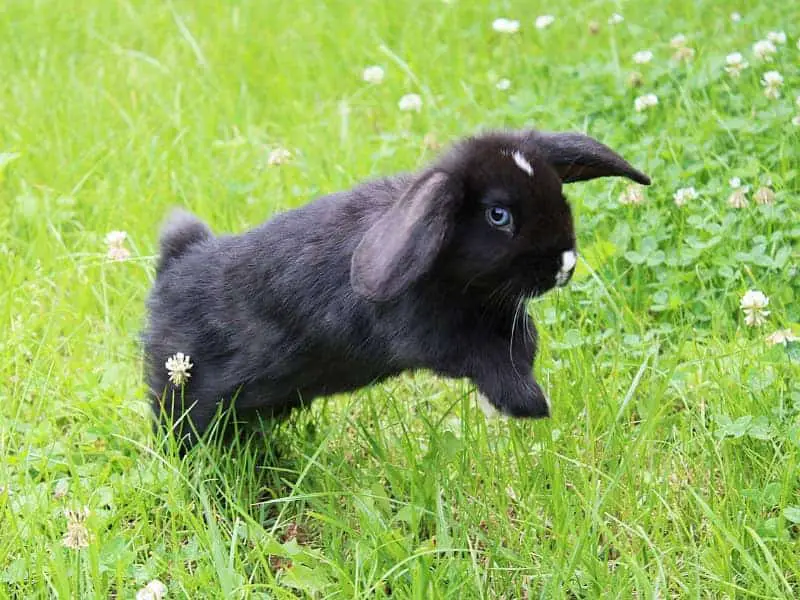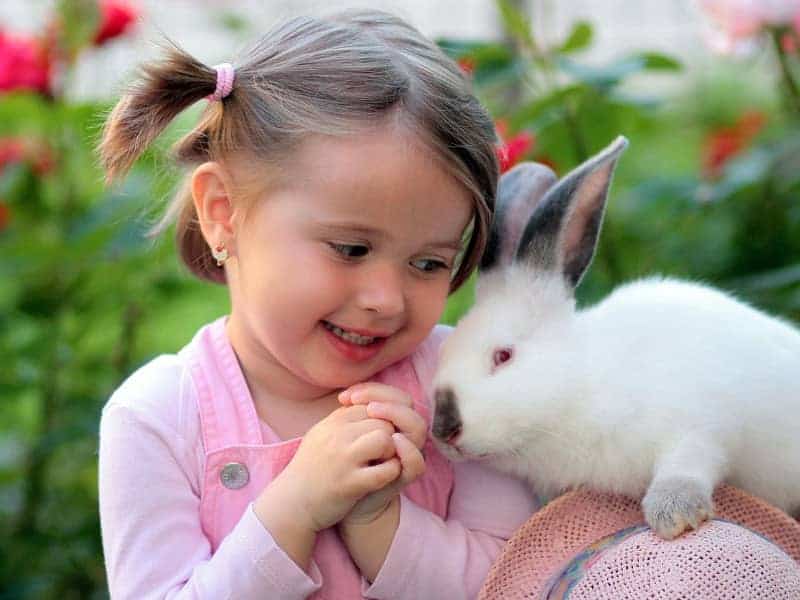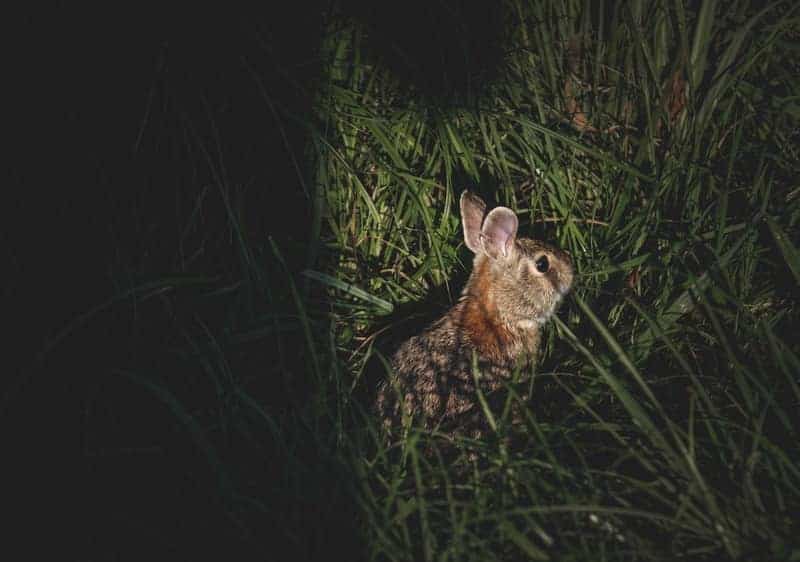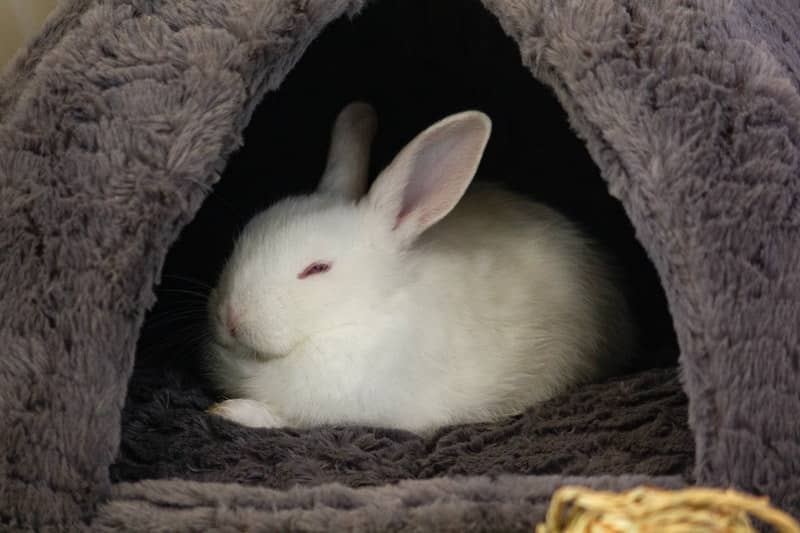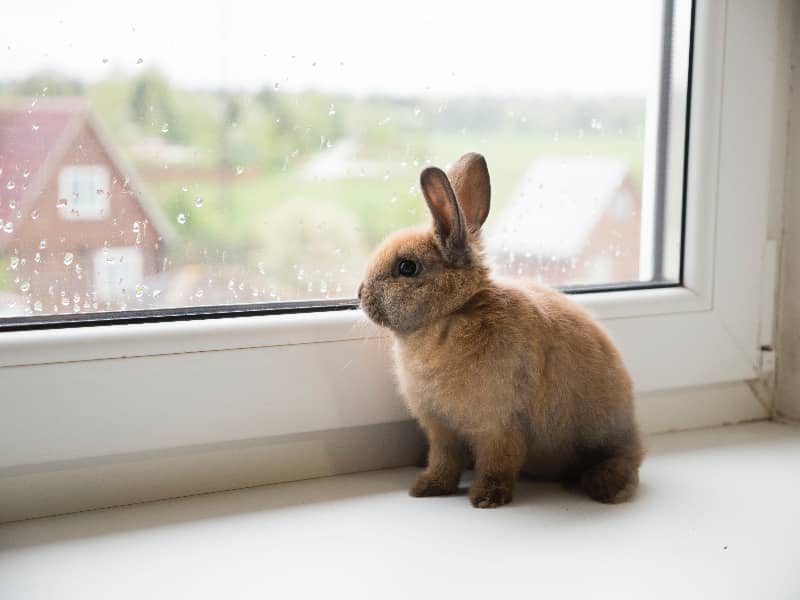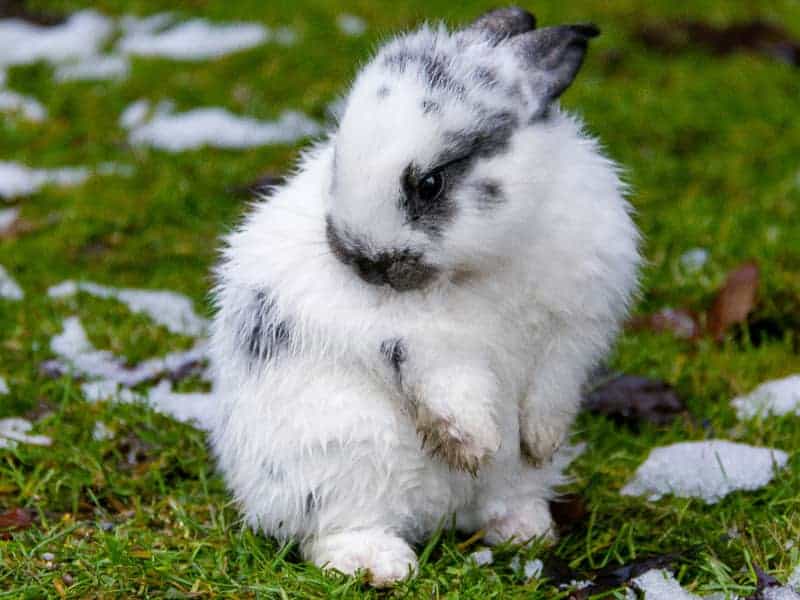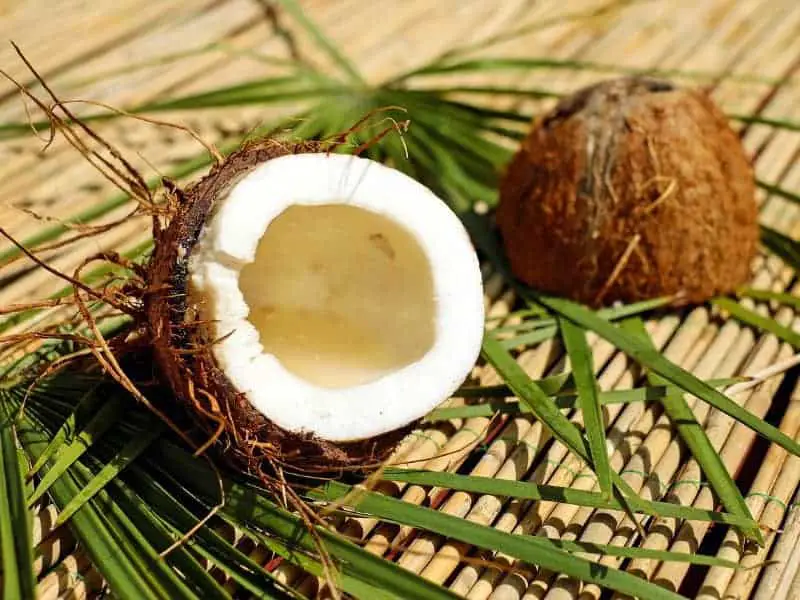
Coconut oil rabbit
Coconut oil rabbit is not a new type of rabbit oil, but we would like to show you here what good properties coconut oil has and how you can use them for your rabbit. It is important to mention that you should only use coconut oil from organic and natural cultivation. This is because only this oil contains all the important nutrients.
The difference in production is that virgin/organic oil is cold-pressed. Only fresh coconuts are used here, as this is the only way to ensure that valuable ingredients are not lost if the oil is stored for too long. Only 48 hours usually pass between harvesting and opening and processing the coconut and all the important nutrients are retained.
In the production of industrial coconut oil, the nut is dried and stored for a long time before the flesh is grated. This is then heated and mechanically pressed to extract the oil. The heating and long storage process results in the loss of important ingredients that are present in virgin coconut oil.
The storage of your rabbit coconut oil
Coconut oil is usually sold in cans with a screw cap. The oil is a solid white mass at room temperature and only liquefies at temperatures of around 30 °C or higher. You should store the container in a dark and cool place so that your oil is not exposed to temperatures higher than 20 °C during storage. Therefore, avoid direct sunlight and temperature fluctuations.
You should only buy virgin coconut oil for your rabbit and there are several reasons for this. Firstly, industrial mass production is responsible for destroying rainforests and paying a very low price for local workers/farmers. This is better regulated when buying virgin coconut oil and the producers usually receive fair prices.
Coconut oil ingredients
The oil consists of 90 % saturated fatty acids, which, according to many scientists, are unhealthy for us humans. However, in areas where coconuts are always available, the majority of the fat consumed is absorbed via the coconut in the form of coconut oil. These people have the same life expectancy as Central Europeans, which is why a distinction must be made here.
Coconut oil contains various acids, the most important of which is lauric acid, which makes up 50 % of the fatty acids present in coconut oil. Another important ingredient is capric acid. You can now find out what great properties these two acids have for your rabbit.
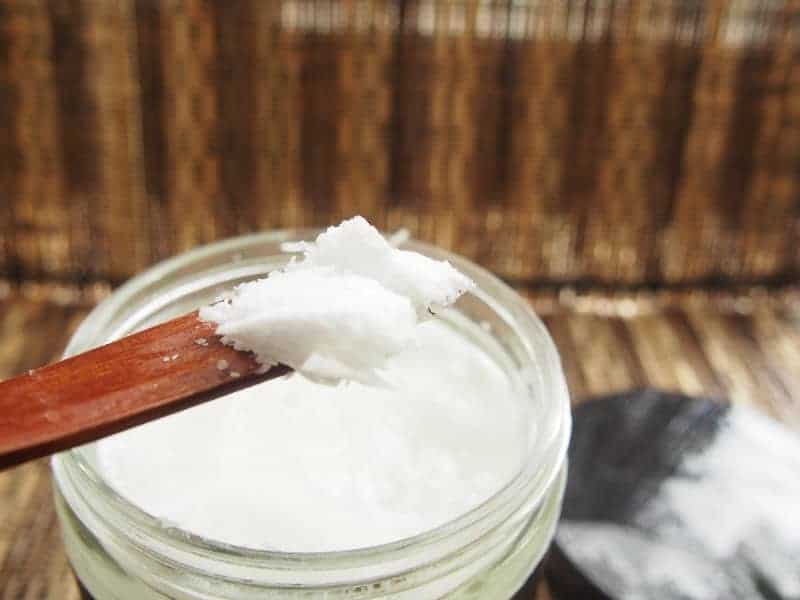
Coconut oil for rabbits Areas of application
The most common application for rabbits is probably in the area of coat care. Excellent experiences have been made here and you are thus supporting your pet's natural coat care. Before you apply coconut oil to your rabbit's coat, you should test a small area to see if your pet tolerates the oil. Intolerance is rare, but better safe than sorry. It is important to note that if your rabbit has a healthy coat and no signs of illness, you should not apply coconut oil to the coat.
Coconut oil helps to relieve itching, dry skin and allergies. It is applied by melting a pea-sized amount in your hands at body temperature. You can then work the melted coconut oil into the coat using gentle massaging movements. You can apply the coconut oil directly to small injuries or areas where the skin is uneven.
Coconut oil protects against parasites
Lauric acid and capric acid are poison for parasites. Fleas, mites and worms are driven away by the ingestion of lauric acid. The acid makes these parasites feel uncomfortable and they look for another environment. How often coconut oil should be rubbed into the coat varies greatly. Some say two to three times a week, but once a week is sufficient for healthy animals.
It is much easier, especially if your rabbit is in top condition, to mix the coconut oil into their food. Most rabbits absorb the oil well and do not show any resistance to it, in the form that they would no longer eat their food. It is sufficient to add a ¼ teaspoon of coconut oil per 5 kg body weight to the food once or twice a week.
Coconut oil against coccidia
Coconut oil can be given to support your stressed rabbit in the event of a coccidia infestation. It provides excellent support for the intestinal flora and the immune system. It is important to note that coconut oil has a supportive effect, it does not save you and your rabbit from having to go to the vet and take medication.
However, by regularly giving your rabbit coconut oil, you can take preventative action against coccidia infestation. And thus spare your rabbit this disease and a visit to the vet.
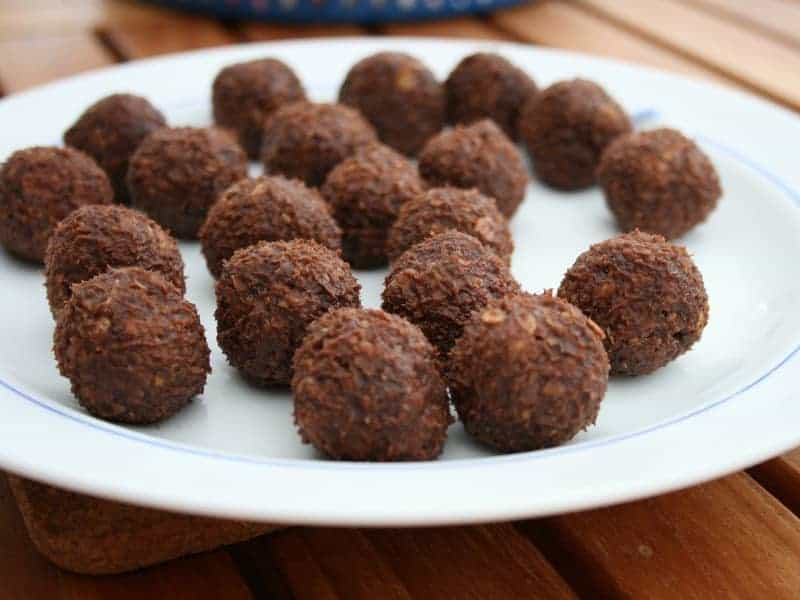
How your rabbit likes coconut oil
There are different ways to give your rabbit a little coconut oil. The simplest option, which works for most rabbits, is to drizzle liquid coconut oil onto a green food and leave it to cool. Rabbits usually eat this thin layer of coconut oil without any problems and thus get their protection.
As we all know, there are also extreme gourmets among our furry friends, so here is another variant that is accepted by almost all rabbits. Crush the food pellets/cunis into small pieces and mix them with melted coconut oil. Make sure that a mixing ratio of approx. 1 part coconut oil and 4 parts cunis is maintained.
When warm, shape this mixture into small balls the size of a 50 cent piece and then leave to cool. For acute illnesses, give 2-3 of these "chocolates" daily. As a preventive measure, one ball 1-2 times a week.
Coconut oil makes you fat
Yes, that's right. Too much coconut oil can make your rabbit fat, so you need to pay close attention to how much is good for your rabbit. So always keep an eye on your rabbit's weight when giving it coconut oil. With the quantities specified by us and an otherwise balanced diet, adding coconut oil should not be a problem.
Author

-
Garden animal - A life with nature
Welcome to my animal blog! My name is Dirk and I am happy to take you on my journey through the fascinating world of animals and gardening.
Born 54 years ago, I have had an insatiable curiosity for the animal world around me since childhood. Although I have moved professionally in other industries, my true passion has always been animals and nature. It is remarkable how a small garden has become such an important part of my life.
Many of my fondest memories are associated with the animals that share our home. Whether it's the curious squirrels that scurry across the trees in the morning, the colorful variety of birds that visit our feeders, or the busy bees and butterflies that pollinate our flowers, every moment with them is invaluable to me.
This blog is my contribution to share my experiences, discoveries and insights with like-minded people. Here I will share stories of unforgettable encounters with animals, give tips on gardening and creating wildlife-friendly habitats, and take you on my journeys through nature.
Thank you so much for being here!
Cordial,
Dirk aka garden animal
Last posts
- 27. February 2024PetsVeganes Hundefutter – Grün und Gesund?
- 18. January 2024ChickensOregano für Hühner
- November 27, 2023HamsterDiurnal hamsters
- November 24, 2023HamsterHamster hammock

